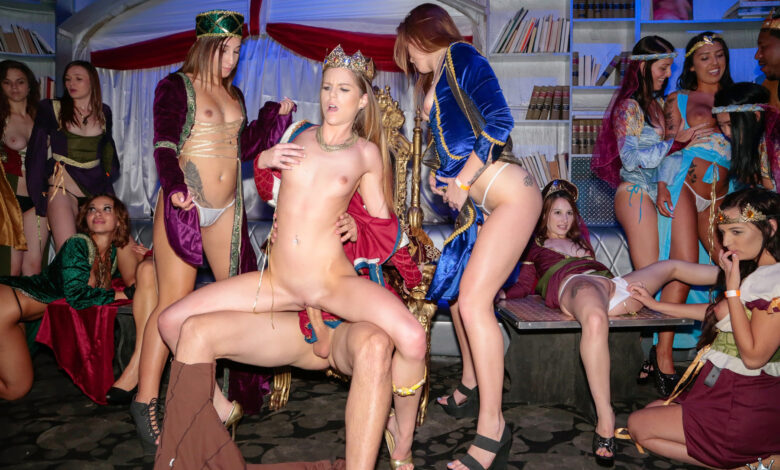The Evolving Landscape of Erotic Literature

Erotic literature has been a part of human culture for centuries, with the earliest examples dating back to ancient Greece and Rome. From the steamy tales of Ovid’s “Metamorphoses” to the erotic poetry of the Kamasutra, the allure of explicit sexual content has captivated readers for millennia. However, the modern landscape of erotic literature has evolved significantly in recent years, thanks to the rise of digital publishing and self-publishing platforms.
One of the most significant changes in the world of erotic literature is the democratization of the publishing process. In the past, aspiring erotic writers had to navigate a complex and often exclusive traditional publishing industry, with many barriers to entry. Today, platforms like Amazon Kindle Direct Publishing and Smashwords have made it possible for anyone to publish their own erotic stories, leveling the playing field and giving voice to a more diverse range of writers and perspectives.
This shift has led to the rise of niche and subculture-specific erotic literature, catering to a wider range of interests and preferences. From BDSM and kink to LGBTQ+ and polyamory, there is now a wealth of erotic literature available that reflects the diversity of human sexuality. This has also led to a greater emphasis on consent, communication, and ethical behavior in erotic literature, as writers strive to create realistic and empowering sexual scenarios.
However, this newfound freedom and accessibility have also brought challenges to the world of erotic literature. The ease of self-publishing has led to a flood of low-quality and even harmful content, with some writers using the genre as a vehicle for hate speech, misogyny, and sexual violence. This has led to calls for greater moderation and gatekeeping in the self-publishing industry, as well as a greater emphasis on education and awareness-raising around issues of consent and ethical behavior.
Another challenge facing erotic literature is the stigma and taboo that still surrounds sexuality in many cultures. While there has been progress in recent years, with more xnxx online open and honest discussions about sexuality in mainstream media and culture, there is still a long way to go. This stigma can make it difficult for erotic writers to be taken seriously, and can limit their ability to reach a wider audience.
To overcome these challenges, the erotic literature community must continue to advocate for greater diversity, inclusivity, and ethical behavior in the genre. This can be achieved through education, awareness-raising, and the creation of safe and welcoming spaces for writers and readers to connect and share their experiences.
In conclusion, the landscape of erotic literature has undergone significant changes in recent years, with the rise of digital publishing and self-publishing platforms leading to a more diverse and accessible genre. However, this newfound freedom has also brought challenges, with issues of quality, stigma, and taboo still persisting. By continuing to advocate for greater diversity, inclusivity, and ethical behavior, the erotic literature community can help to create a more vibrant and empowering genre for all.




